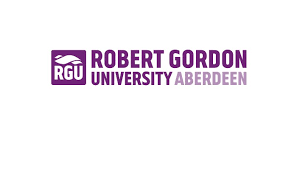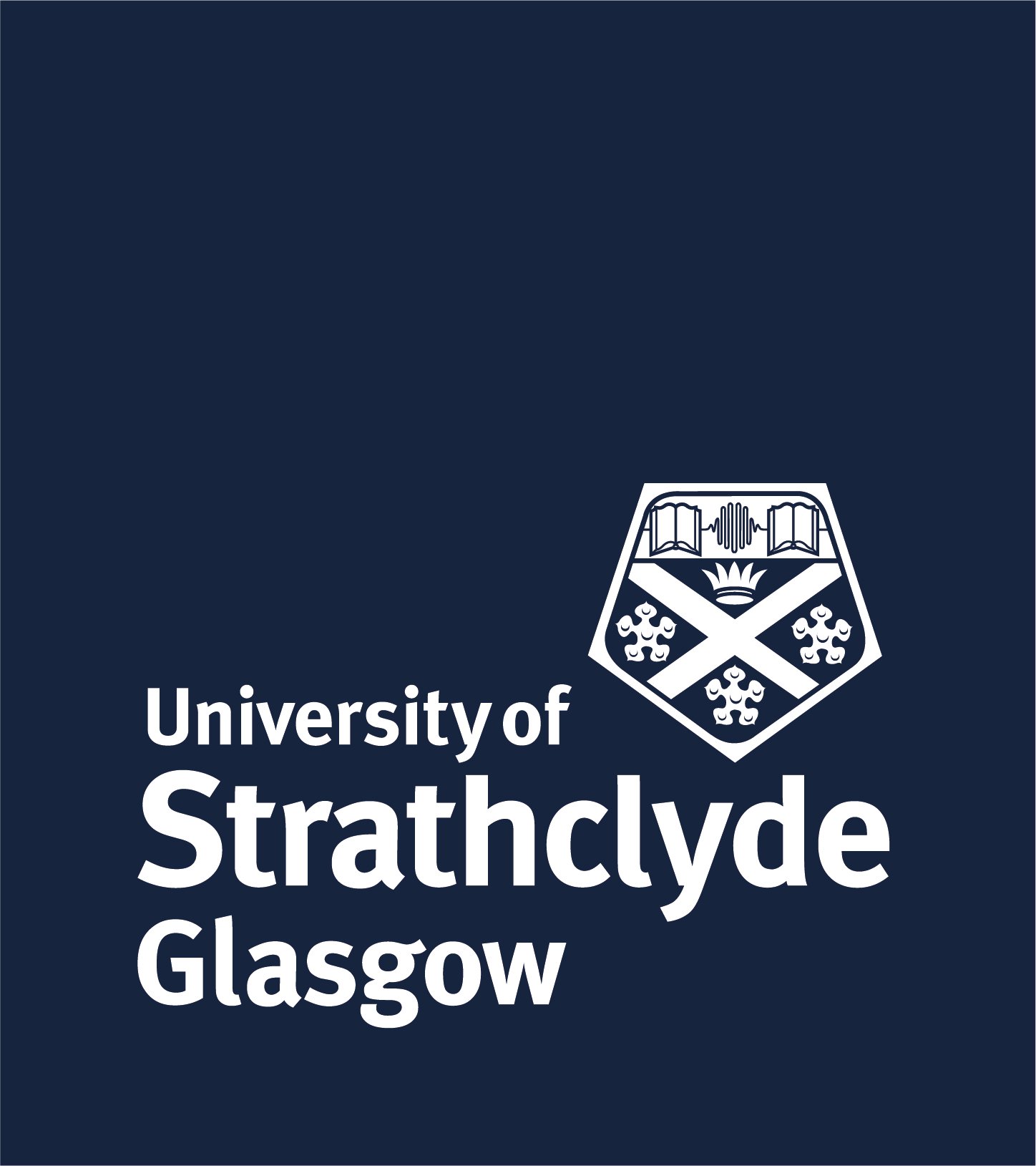Study Information Science Abroad: A Gateway to the Digital Future
Information Science is an exciting and rapidly evolving field that sits at the intersection of technology, data, and human behavior. It focuses on the collection, organization, analysis, and dissemination of information in various forms, making it essential in today's data-driven world. For Indian students aspiring to build a career in tech, research, or information management, studying Information Science abroad offers unparalleled opportunities to gain cutting-edge knowledge and global exposure.
With India's booming IT industry and increasing demand for skilled professionals in data analytics and information systems, pursuing this course overseas can equip you with skills that are highly valued back home and internationally. Universities in countries like the USA, UK, Canada, Australia, and Germany provide world-class programs in Information Science, blending theoretical foundations with practical applications. Whether you're interested in big data, cybersecurity, or digital libraries, this degree opens doors to innovative careers.
What is Information Science?
Information Science is more than just computers and coding—it's about understanding how information flows in society and how to harness it effectively. This discipline draws from computer science, cognitive science, library science, and even sociology to address real-world challenges like information overload, privacy concerns, and efficient data retrieval.
At its core, Information Science explores:
- Data Management: Techniques for storing, organizing, and retrieving vast amounts of data.
- Information Retrieval: Developing search engines and algorithms that deliver relevant results quickly.
- User Experience (UX) Design: Creating intuitive interfaces for information systems.
- Knowledge Organization: Classifying and categorizing information for easy access, such as in databases or digital archives.
- Ethics and Policy: Addressing issues like data privacy, intellectual property, and the societal impact of information technologies.
Unlike pure Computer Science, Information Science emphasizes the human element, focusing on how people interact with information systems. This makes it ideal for students who enjoy problem-solving with a blend of tech and social sciences.
Why Study Information Science Abroad as an Indian Student?
India produces millions of engineering graduates annually, but standing out in the competitive job market requires specialized, internationally recognized qualifications. Studying Information Science abroad provides access to advanced research facilities, diverse peer groups, and industry partnerships that are often limited in domestic programs.
Key benefits include:
- Global Recognition: Degrees from top universities enhance your resume for roles in multinational companies like Google, IBM, or Indian giants such as Infosys and TCS.
- Practical Exposure: Many programs offer internships, co-op placements, and projects with real-world data sets, giving you hands-on experience.
- Research Opportunities: Collaborate on cutting-edge topics like AI-driven information systems or blockchain for data security.
- Cultural and Professional Networking: Build connections with international professionals, which can lead to global job offers.
- Post-Study Work Visas: Countries like Canada and Australia allow graduates to work for 1-3 years, helping you gain experience before returning to India.
For Indian students, the growing field of Information Science aligns perfectly with national initiatives like Digital India, creating a seamless bridge between your studies abroad and career opportunities at home.
Course Structure and Duration
Information Science programs are offered at undergraduate (Bachelor's), postgraduate (Master's), and doctoral levels. Most international programs last 3-4 years for Bachelor's and 1-2 years for Master's, with flexible options for part-time or online study.
A typical Bachelor's in Information Science curriculum includes foundational courses in programming, database systems, and information theory, progressing to advanced topics like machine learning for data analysis and web technologies.
For a Master's in Information Science (MIS), expect a deeper dive into specialized areas. Here's a sample course breakdown for a 2-year MIS program:
| Semester | Core Courses | Electives | Practical Components |
|---|---|---|---|
| Semester 1 | Foundations of Information Science Database Management Systems Information Retrieval |
Intro to Data Analytics Human-Computer Interaction |
Lab sessions on SQL and Python |
| Semester 2 | Knowledge Representation Digital Libraries Research Methods |
Cybersecurity in Information Systems Big Data Technologies |
Group project on information architecture |
| Semester 3 | Advanced Topics in UX/UI Information Policy and Ethics |
AI and Machine Learning Cloud Computing for Data |
Internship or industry placement |
| Semester 4 | Thesis or Capstone Project | Specialized electives based on interest | Presentation and defense of research |
Programs often culminate in a thesis or capstone project, where you can apply skills to solve problems relevant to India, such as developing information systems for rural healthcare or e-governance.
Eligibility Criteria for Indian Students
Admission requirements vary by university and country, but here's a general guide tailored for Indian applicants:
- Academic Qualifications: For Bachelor's, 10+2 with at least 60-70% in Science/Commerce streams (Physics, Math, Computer Science preferred). For Master's, a Bachelor's degree in a related field like Computer Science, IT, or Library Science with a minimum GPA of 3.0/4.0 (around 60-65%).
- English Proficiency: IELTS (6.5+ overall), TOEFL (80+), or PTE (58+). Some universities waive this for students from English-medium schools.
- Standardized Tests: GRE for US programs (optional in many cases); GMAT for some business-oriented tracks.
- Documents Needed: Transcripts, Statement of Purpose (SOP) explaining your interest in Information Science, Letters of Recommendation (2-3), and a resume highlighting any tech projects or internships.
- Visa Requirements: Proof of funds, acceptance letter, and health insurance. Indian students should prepare for student visas like F-1 (USA) or Tier 4 (UK).
Many universities offer conditional admissions if you're close to meeting criteria, allowing time to improve language scores.
Top Universities Offering Information Science Abroad
Choosing the right university is crucial. Here are some top destinations and institutions renowned for their Information Science programs:
USA
- University of Washington (Seattle): MS in Information Science—strong focus on data science and UX. Tuition: $30,000-$40,000/year.
- University of Illinois at Urbana-Champaign: iSchool's MS in Information Management—excellent for research-oriented students.
- University of California, Berkeley: School of Information—pioneers in digital innovation.
UK
- University College London (UCL): MSc in Information Science—1-year program with industry links. Fees: £25,000-£30,000.
- University of Sheffield: MSc in Information Systems—affordable and research-focused.
Canada
- University of Toronto: Master of Information—covers health informatics and digital curation. Tuition: CAD 25,000-35,000/year.
- University of British Columbia: Master of Arts in Information Studies—strong on indigenous knowledge systems.
Australia
- University of Melbourne: Master of Information Technology (Information Science stream)—practical and job-oriented.
- Monash University: Offers specialized tracks in data analytics.
Germany (Low-Cost Option)
- Humboldt University of Berlin: MSc in Information Systems—tuition-free for EU/EEA, low fees for internationals (€300/semester).
- University of Mannheim: Focus on business information systems.
Scholarships for Indian students are abundant: Fulbright (USA), Chevening (UK), Vanier (Canada), and university-specific awards covering 20-100% of tuition. Check platforms like DAAD for Germany.
Career Prospects After Studying Information Science
Graduates in Information Science are in high demand globally, with starting salaries ranging from $60,000-$90,000 USD (₹50-75 lakhs) depending on the country. In India, roles in the IT sector can fetch ₹8-15 lakhs annually for freshers.
Popular career paths include:
- Data Analyst/Scientist: Analyzing trends for businesses; average salary: $70,000+.
- Information Architect: Designing data structures for websites and apps.
- UX/UI Designer: Enhancing user interfaces in tech firms.
- Digital Librarian/Archivist: Managing online repositories in education or government.
- Cybersecurity Specialist: Protecting information assets.
- Researcher/Consultant: In think tanks or firms like Deloitte, focusing on information policy.
With India's digital economy projected to reach $1 trillion by 2025, returning graduates can lead innovations in sectors like fintech, e-commerce, and public services. Many alumni secure roles at FAANG companies or startups in Bangalore and Hyderabad.
How to Apply: Step-by-Step Guide for Indian Students
- Research Programs: Use sites like QS Rankings or Studyportals to shortlist 5-10 universities. Align with your interests (e.g., data-focused vs. policy-oriented).
- Prepare Documents: Start early—SOPs take time. Highlight any Indian projects, like app development for local issues.
- Take Tests: Book IELTS/TOEFL 3-6 months in advance. Practice GRE if needed.
- Apply Online: Deadlines are Nov-Jan for fall intake. Pay application fees ($50-150).
- Secure Funding: Apply for scholarships simultaneously. Education loans from Indian banks like SBI are viable.
- Visa Application: Once accepted, apply via VFS Global. Include financial proofs (₹10-15 lakhs for first year).
- Pre-Departure Prep: Attend orientation webinars, pack essentials, and join Indian student forums for tips.
Studying Information Science abroad is an investment in your future, blending academic rigor with practical skills to thrive in the information age. For Indian students, it's a chance to contribute to a digitally empowered nation while exploring the world. Start your journey today— the digital revolution awaits!




